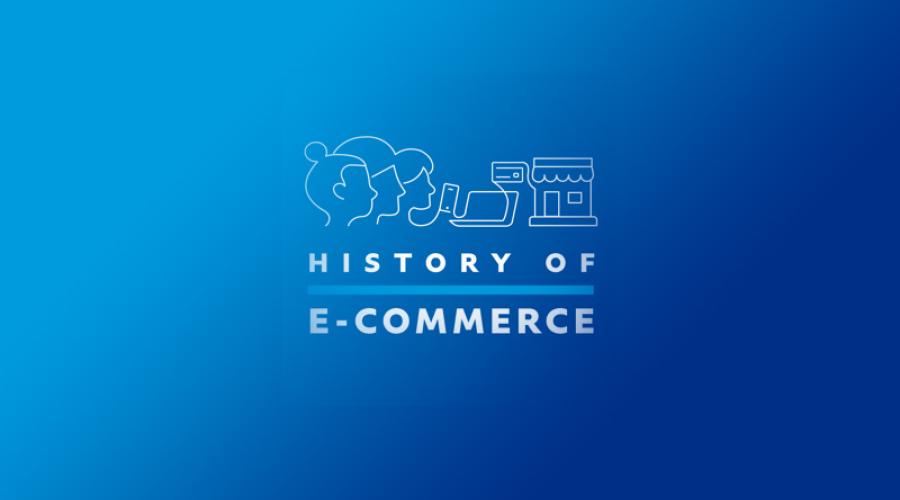
Hyman Hosts History of E-Commerce Podcast
In the past 25 years, technology, business and policy have created a new world of commerce unlike anything before in human history. To celebrate the anniversary of the first-ever e-commerce transaction, PayPal tabbed ILR Associate Professor Louis Hyman, a historian of work and business, to host the History of E-Commerce podcast.
The podcast builds upon a Hyman piece published in the Opinion section of The New York Times in August. Throughout the fall, the director of Cornell’s Institute for Workplace Studies has interviewed more than 100 technologists, business pioneers and policymakers.
Through their stories, listeners hear the first-hand account of how e-commerce was made and where it is going tomorrow.
Here, Hyman synopsizes the podcast's arc:
- For e-commerce to succeed, retailers needed to reinvent how buyers and sellers trusted one another.
- As early entrepreneurs tried to turn HTML into shops, they drew on the language of retail, even as they quickly realized that simple markup language would not be enough to recreate the physical world.
- The shop metaphor is perhaps too limiting. Many of the most successful e-commerce sites are not shops at all, but bazaars. Like the grand markets of yesteryear, most of us learned to shop online because we had access to goods that could not be found at a Big Box Store. Whether you searched through many different sites, or went to one reputable bazaar, the early appeal of e-commerce was finding new things from new places.
- By the time that old-style retailers were attempting to sell online, the digital native sellers began to realize that the metaphor of the store where the retailer was in charge no longer made sense. This store would be run, it would seem, by the customers themselves.
- To us today, it is hard to remember a time before reviews. Film reviews, maybe restaurant reviews, were common, but not reviews on everything. Specialized experts told us what to like. In the era of e-commerce, reviews became available for everything and by anyone, radically altering how we make choices.
- In terms of the wisdom of the crowd, crowd-sourced reviews was the first real alternative to prices since the dawn of markets.
- E-commerce was antithetical to fixed prices and to fixed inventories that aimed for the average customer. E-commerce was moving towards a world where every individual had their own price and their own inventory. The world was being built just for them.
- If the first decades of e-commerce were driven by the long tail, lately that tail has been docked. We have demanded faster and easier gratification in exchange for less choice and control. The drive to sell advertisements and personalized search has created a web that looks universal but is just a mirror of what an algorithm thinks we want. Personalization is the promise of e-commerce but also its perceived threat. How much should retailers know about us?
- The first day of e-commerce grew out of the marriage of Wal-Mart style logistics and NSF style computing. Day 2 will be driven by technologies that are only now coming into existence. If e-commerce is going to continue to grow, we will need to develop new forms of trust to integrate those technologies.
Learn more by listening: https://podcasts.apple.com/us/podcast/history-of-e-commerce/id1476479008.